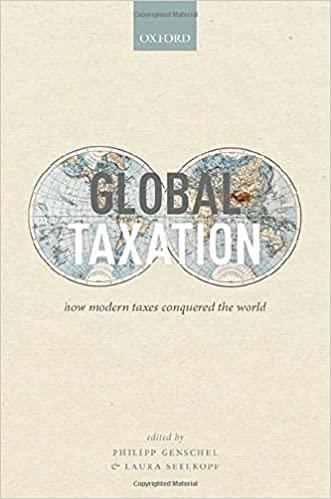Rick owns investments that generate $20,000 of ordinary income per year (4% annual before-tax rate of return).
Question:
Rick owns investments that generate $20,000 of ordinary income per year (4% annual before-tax rate of return). In each part, determine how much higher or lower Rick's after-tax income would be if he transfers the investments to his wholly-owned corporation rather than owning them himself, assuming the corporation immediately distributes its after-tax income to Rick as a qualifying dividend.
a. Rick's marginal tax rate is 37% for ordinary income and 20% for qualified dividends. His investment income is subject to the 3.8% net investment income tax.
b. Rick's marginal tax rate is 22% for ordinary income and 15% for qualified dividends. His investment income is not subject to the 3.8% net investment income tax.
c. Assume that all the investment's after-tax income will be reinvested for five years, whether Rick transfers the in vestments to his wholly-owned corporation or owns the investments himself. How would your answers to Parts a and b change in this situation?
CorporationA Corporation is a legal form of business that is separate from its owner. In other words, a corporation is a business or organization formed by a group of people, and its right and liabilities separate from those of the individuals involved. It may...
Step by Step Answer:

Global Taxation How Modern Taxes Conquered The World
ISBN: 9780192897572
1st Edition
Authors: Philipp Genschel, Laura Seelkopf





